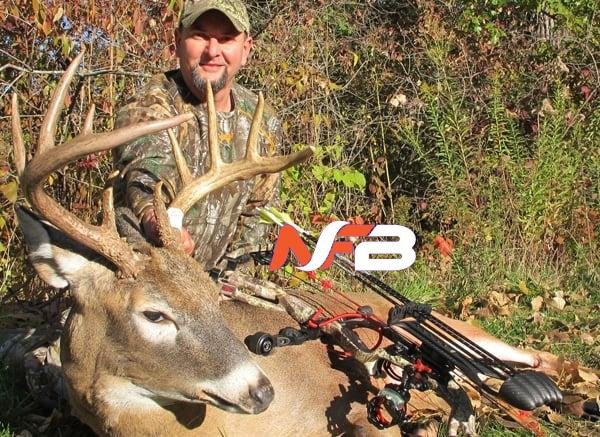For outdoor enthusiasts, few experiences compare to the thrill of exploring the wilderness in pursuit of game. Whether you’re an experienced hunter or planning your first adventure, organizing successful Hunting trips requires research, preparation, and the right mindset. A well-planned trip not only increases your chances of success but also ensures safety, legal compliance, and an overall enjoyable experience.
Choosing the Right Destination
The first step to planning a memorable hunting adventure is selecting the right location. Your destination will largely depend on the type of game you want to hunt. From deer and elk to waterfowl or upland birds, each species thrives in different regions and habitats.
Public lands, private hunting reserves, and guided hunts are all options to consider. Public lands can offer vast, scenic areas but may require more effort to scout. Private reserves and guided hunts often provide higher success rates and the advantage of expert knowledge of the area.
Before making your decision, research the regulations, seasons, and game availability in your chosen location. Many regions have specific hunting seasons and permit requirements designed to protect wildlife populations and maintain ecological balance.
Understanding Licensing and Regulations
Hunting laws and regulations vary by state, country, and game species. It’s crucial to thoroughly understand and comply with these rules to avoid legal trouble and support ethical hunting practices.
In most areas, hunters must obtain a license and, in some cases, additional tags for specific animals. Some locations also require hunter education certifications, especially for first-time hunters. Regulations may also dictate the type of weapons or equipment allowed, hunting hours, and limits on the number of animals you can harvest.
Staying informed about these requirements ensures a legal and responsible hunting experience, contributing to wildlife conservation efforts and preserving the tradition for future generations.
Essential Gear for Hunting Trips
Proper gear can make the difference between a successful hunt and a frustrating outing. While specific equipment may vary depending on the game and terrain, there are some essentials every hunter should pack:
- Firearm or Bow: Choose a weapon suited to the game and terrain. Ensure it’s properly sighted and in good working condition.
- Ammunition or Arrows: Bring adequate supplies and practice beforehand to maintain accuracy.
- Clothing: Opt for weather-appropriate, camouflaged clothing and sturdy, waterproof boots.
- Optics: Binoculars and scopes help spot game from a distance.
- Navigation Tools: A GPS, map, and compass are crucial for unfamiliar terrain.
- Safety Equipment: First-aid kits, headlamps, and emergency supplies are vital.
- Game Processing Tools: Knives, gloves, and coolers for field dressing and transporting game.
Packing the right gear not only enhances your chances of success but also keeps you prepared for unexpected situations in the wilderness.
Safety First: Preparing for the Outdoors
Hunting, while exciting, comes with inherent risks. Remote locations, changing weather, and wildlife encounters require careful preparation. Always inform someone of your trip details, including location, expected return time, and emergency contacts.
Familiarize yourself with the terrain using maps or satellite imagery before your trip. Brush up on basic survival skills like building a fire, signaling for help, and first-aid procedures. Carrying extra food, water, and warm clothing can prove lifesaving if conditions change unexpectedly.
It’s also essential to practice firearm or bow safety at all times, both for your protection and that of others sharing the area.
Embracing Ethical Hunting Practices
Responsible hunting is not just about harvesting game; it’s about respecting nature, wildlife, and fellow outdoor enthusiasts. Ethical hunters follow all regulations, practice fair chase, and aim for clean, humane kills.
Additionally, understanding animal behavior, habitat preservation, and conservation programs helps ensure that wildlife populations remain healthy and ecosystems stay balanced.
Participating in Hunting trips with an ethical mindset fosters a deeper appreciation for nature and contributes to the long-term sustainability of hunting traditions.
Conclusion
A successful hunting trip is about more than just bringing home a trophy. It’s an opportunity to connect with nature, test your skills, and enjoy the great outdoors. With careful planning, the right gear, and a commitment to safety and ethics, your next hunting adventure can be a rewarding and unforgettable experience.














Leave a Reply